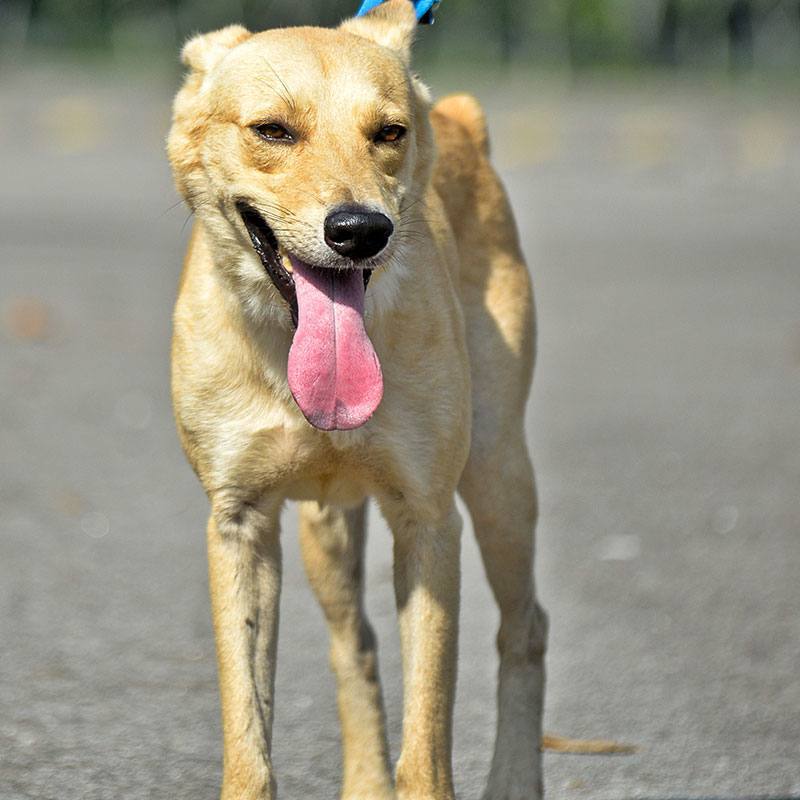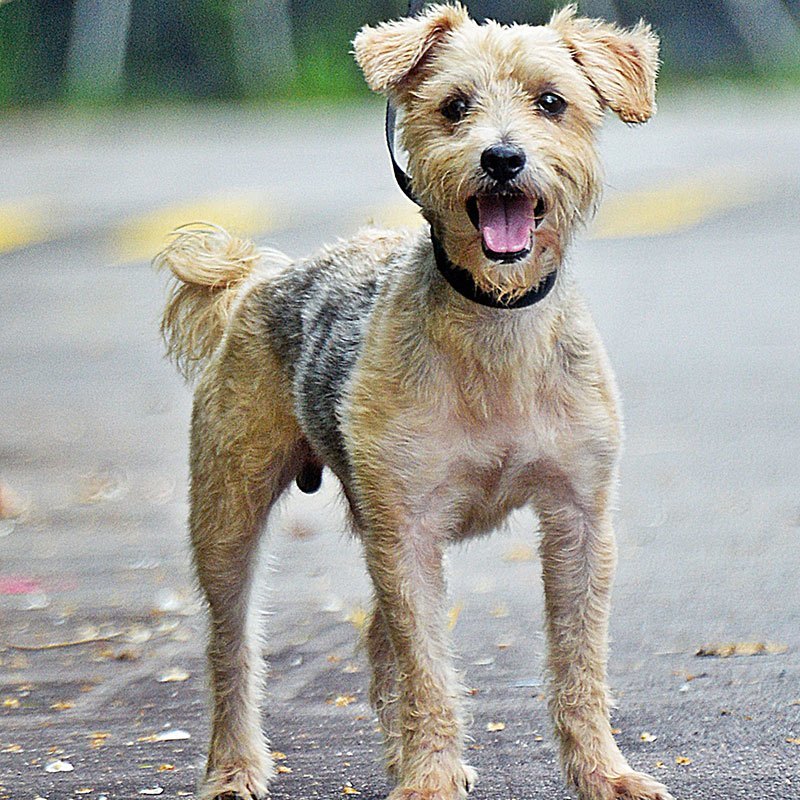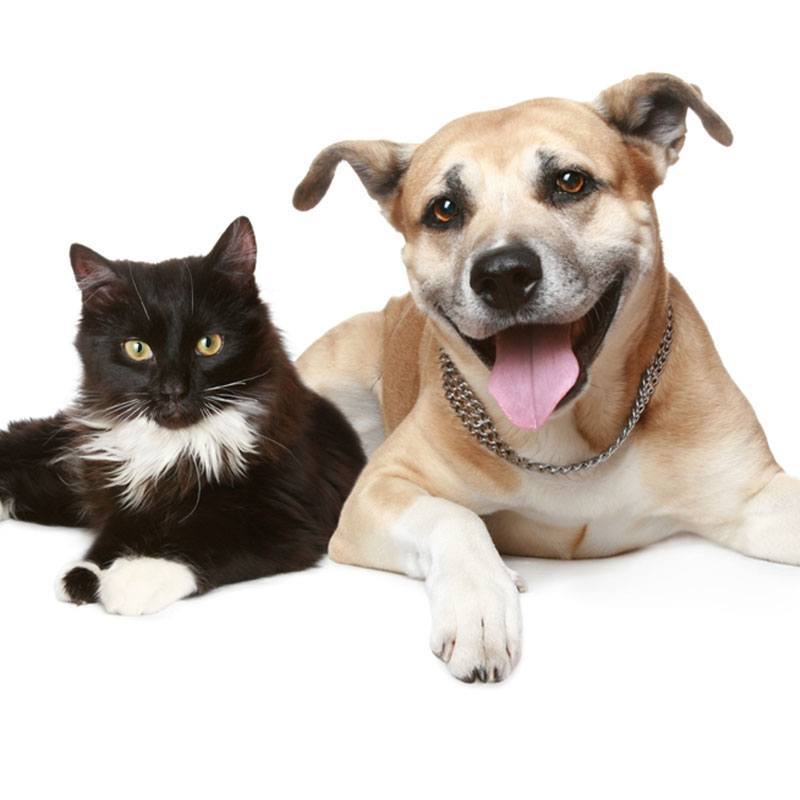The number of cat food options in stores can seem daunting. How can you choose a food that meets your cat’s nutritional needs? This helpful guide will help pet parents pick a diet that is right for your cat.
Look for Specific Ingredients
Cats have different dietary needs than dogs, because their bodies require different nutrients to perform healthily. On food packages, read the nutrition information, looking for foods with large amounts of protein, vitamin A, and vitamin B3. The main ingredient on the package should be some type of meat, like chicken or fish, closely followed by eggs – these foods are high in proteins. Foods with cheaper ingredients, like “animal by-products” or grains, will pass through your pet more easily, forcing them to eat more to fulfill their hunger. This can lead to feline obesity.
Watch for Food Allergies – What Not to Feed Your Cat
Allergies to particular types of foods can manifest as excessive itching or licking, along with fur loss. These itches will not respond to typical treatments of feline rashes, like steroids; the only way to cure them is to eliminate the allergen from the diet. Common allergens are usually any type of beef, lamb, seafood, corn, soy, dairy products and wheat gluten – animals can be allergic to more than one of these. If you think your cat has a food allergy, make an appointment with your veterinarian; diagnosis includes an elimination diet. Your pet will be put on a completely new type of food, and will gradually be reintroduced to potential allergens. When a reaction is triggered, the allergen can be identified and eliminated.
There is also a no-no list of foods that almost all felines are intolerant to.
Ingestion of these can result in dangerous symptoms:
- Fish, chicken, or meat bones from your kitchen – these can be easily swallowed, leading to an intestinal blockage.
- Canned tuna (in excess) – cats can’t get all their nutrients from this food, but some as a treat won’t hurt.
- Dog food – same as with tuna; dogs have different nutritional needs, and your cat can’t get their proper nutrients.
- Raw meat – as with humans, uncooked meat can contain pathogens like Salmonella and E. coli
- Dairy products (in excess) – in large amounts, cats can develop diarrhoea
Age is a Factor
- Kittens should be fed two to three times a day, as their growing bodies need more nutrition and their small tummies can only hold so much. In their first two weeks of life, kittens double their weight! They should also be fed a food tailored specifically to kitten nutritional growth needs.
- Adult cats’ food needs are less specific; any labelled “nutritionally adequate” with a primary ingredient of meat or eggs will do. Feed them only twice a day, according to the package’s recommended amounts.
- Senior cats’ metabolisms have slowed, making them more prone to obesity; foods that are designed for older pets will contain fewer calories while still filling your cat.
Choosing the right type of food for your cat is important; less nutritious foods can lead to health complications and result in nutritional deficiencies. Some pets have food allergies just like humans, and need special veterinary care. There are also specific foods you should never feed your cat, as they can lead to serious health issues. As your cat matures, its nutritional requirements change – make sure you change their diet to meet these needs. Any time you have questions, feel free to consult your veterinarian with any additional questions.
© 2014, Copyright 2014 Aon Singapore Pte Ltd Co Reg No.198301525W. All Rights Reserved.
This article is intended for general information purposes only and is subject to change without notice. It should not be construed as advice or opinions on any specific facts or circumstances. The content of this article is made available on an “as is” basis, without any warranty of any kind, express or implied, including as to accuracy, completeness or otherwise at the time of initial publication or thereafter. To the extent permitted by law, Aon disclaims any responsibility or liability to any person or organization for any loss or damage caused by or resulting from any reliance placed on that content whatsoever. No part of this publication may be reproduced, stored in a retrieval system, or transmitted in any way or by any means, including photocopying or recording, without the written permission of the copyright holder, application for which should be addressed to the copyright holder.
Happy Tails Insurance is underwritten by NTUC Income Insurance Co-operative Limited and arranged by Aon Singapore Pte Ltd.





